Book Review of “Animal Farm” by George Orwell
Updated: 2 December 23
36
Introduction
“Animal Farm” by George Orwell stands as a seminal work in political literature, providing a timeless exploration of energy dynamics and societal structures. George Orwell, acknowledged for his sharp statement on social injustice and totalitarian regimes, crafts a deceptively easy story that resonates with readers across generations and political divides.

Author’s Background
George Orwell, born Eric Arthur Blair, changed into an English novelist, essayist, journalist, and critic. His work is marked by lucid prose, focus of social injustice, opposition to totalitarianism, and outspoken help of democratic socialism.
Orwell’s experiences in the Spanish Civil War and the events leading up to World War II notably influenced his affairs of state and his writing, most substantially in “Animal Farm” and “1984.” His works have earned him an area among the most respected and influential writers of the 20th century.
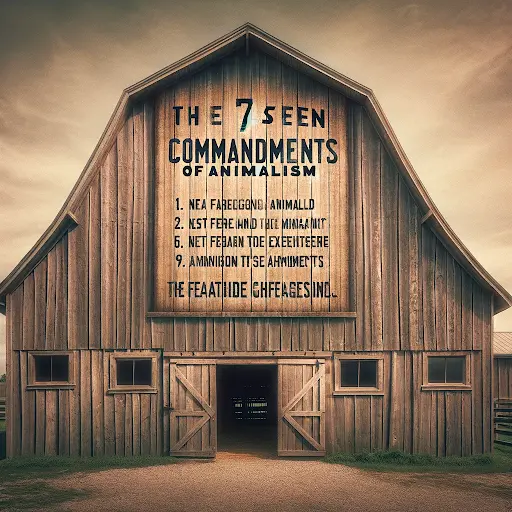
Main Content of the Review
Summary
“Animal Farm” is a satirical allegory that depicts the upward thrust and fall of a revolution. The tale starts off with farm animals revolting in opposition to their human farmer, hoping to create a society in which animals may be same, unfastened, and satisfied. However, the rise up’s noble dreams are soon corrupted as energy concentrates inside the palms of some.
The narrative cleverly uses animals to represent key figures in the Russian Revolution, imparting insights into the corrupting nature of electricity and the cyclical styles of records.
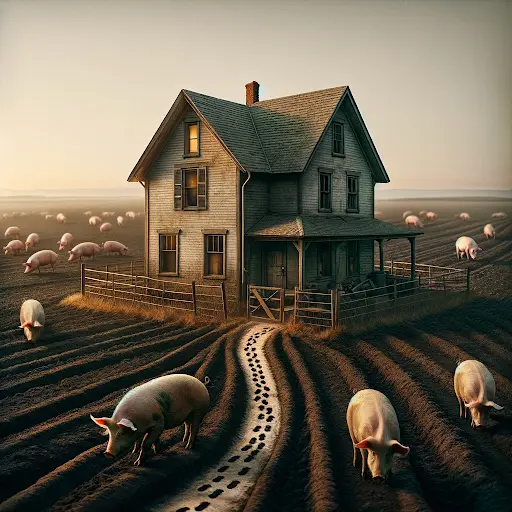
Critical Analysis
Orwell’s brilliance in “Animal Farm” lies in its simplicity and intensity. The novel’s straightforward language and clean symbolism make it accessible, but it possesses profound layers of political and social commentary. The ebook excels in demonstrating how propaganda and language can be used as gadgets of control. However, its allegorical format may additionally oversimplify complex political ideologies and historic activities.
Comparing “Animal Farm” to other dystopian works, like Aldous Huxley’s “Brave New World,” exhibits Orwell’s particular ability to mix political statements with narrative. Where Huxley specializes in technological and clinical elements, Orwell zeroes in on political dynamics and moral questions.
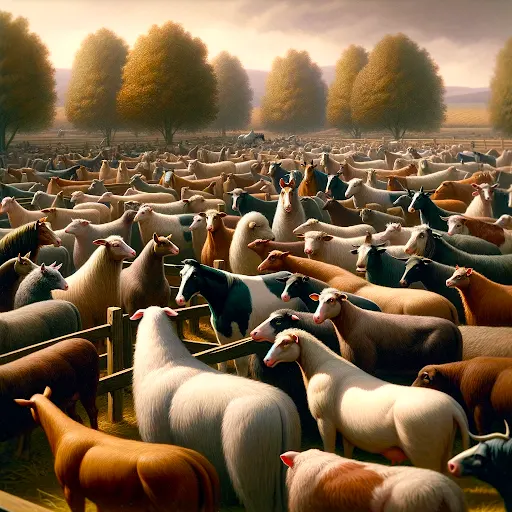
Personal Reflection
Reading “Animal Farm” became an eye fixed-beginning experience, highlighting how power can corrupt and ideals can be manipulated. The e book resonates with current problems of political propaganda and the delicate nature of democratic institutions.
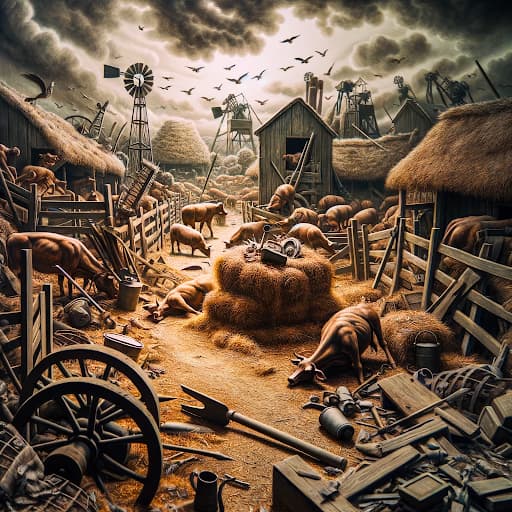
Recommendation
“Animal Farm” is enormously encouraged for readers interested in politics, history, and sociology. Its undying message makes it applicable for each teenager and older readers in search of to understand the complexities of energy and governance.
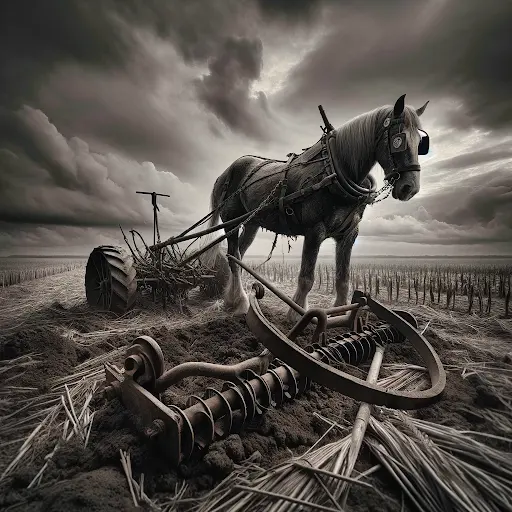
Conclusion
“Animal Farm” by George Orwell remains an effective, relevant work that succinctly captures the complexities of energy and politics. Its enduring relevance and Orwell’s masterful storytelling make it a must-study for everyone interested in the mechanisms of societal control and the everlasting battle for freedom and equality.
Author Bio of the Reviewer
At My Review Book (MRB), our team’s diverse background in literature, political science, and history allows us to bring a unique perspective to our reviews. Our experience in analyzing and understanding political narratives and themes enriches our exploration of Orwell’s work, providing our readers with a comprehensive and insightful review.
Please Write Your Comments